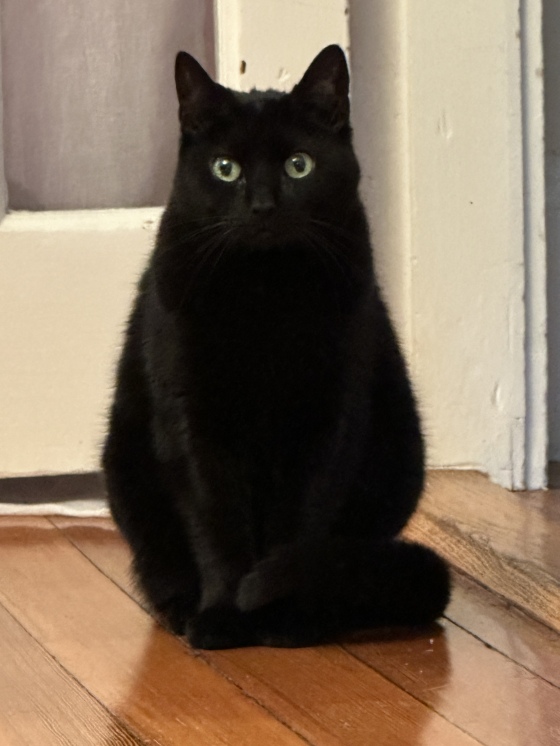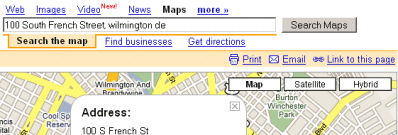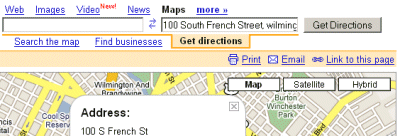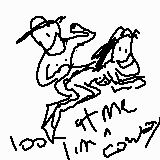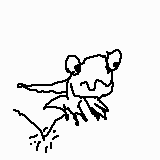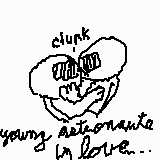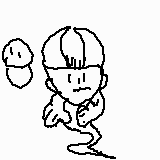2024.10.21
TAXI
Why don't we cruise
Times Square at noon
enjoy the jam
I'm not immune
to your deft charm
in one stalled car
I'd like to take
you as you are
I love self-referential statements where you just say the name of the thing you wish to express and it counts as having expressed the thing so named. Apologies. Greetings. Fair warning. We should be able to do that with more things, I think.
This site has some discussion on this graph on how couples meet online or elsewhere... I think it's kinda bullshit but i do wonder what the real numbers are
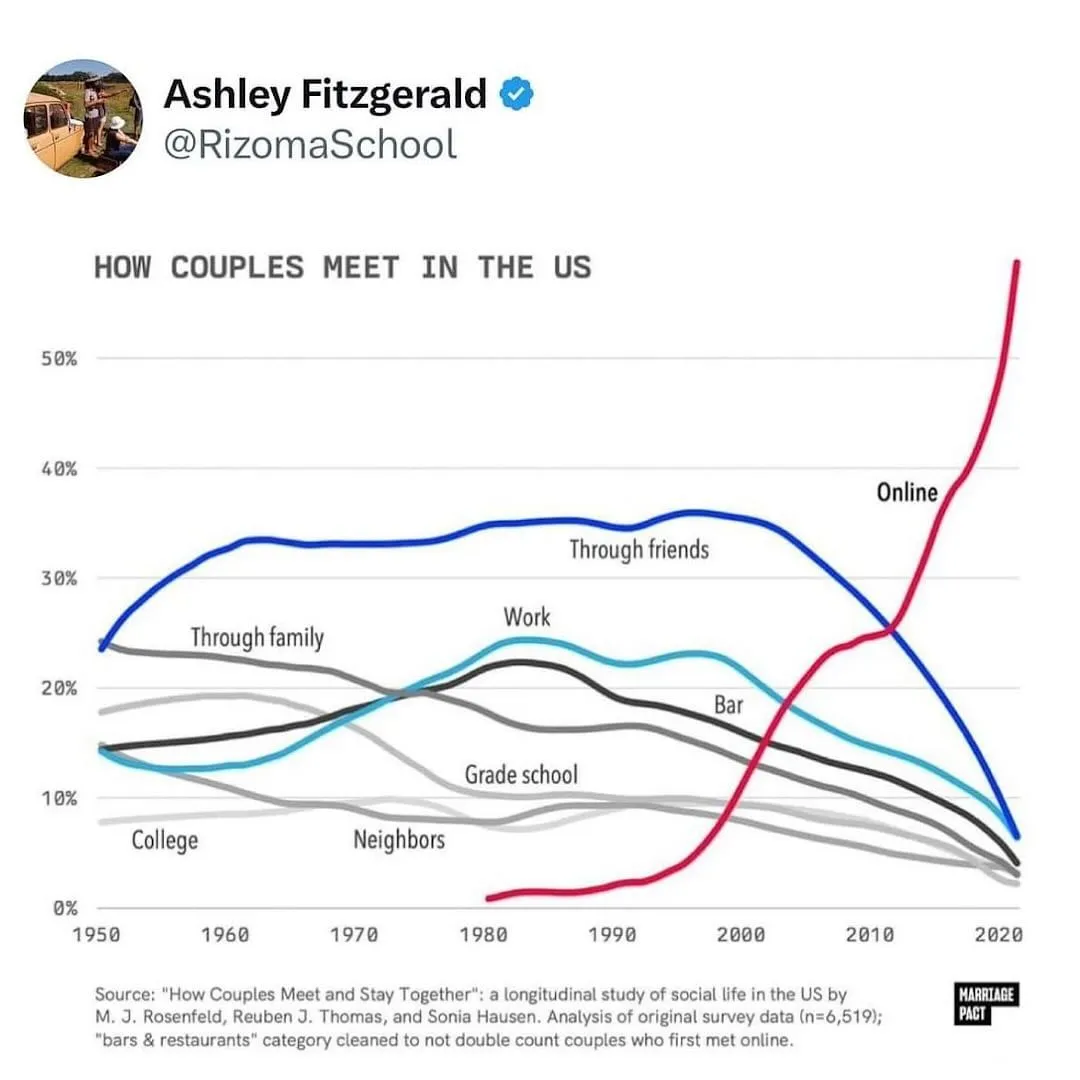
2023.10.21
Melissa gets frustrated with me because I don't see clean up (or closing cabinet doors in some cases :-D ) as part of the basic task. I WILL, generally, swing back to it, but as part of a separate noticing "oh things are out of whack" task later. It's not that I expect someone else to do it for me, but my tolerance for having it undone for a bit is higher.
And she points out, rightly, this isn't great for a concept of "shared space" and indeed I am trying to mend my ways and be better about cleaning up as I go.
But it makes me think - especially at the moment where we've done a fair chunk of decluttering for houseguests - in a way decluttering is like acknowledging your FUTURE SELF as someone you "share space" with. Like keeping things organized and out of the way is a way of respecting and being kind to that future version of you.
relevant dialog from 2004:
"I could spend the time to sort this crap out properly. But I'd rather send a message to my future self. That message is 'F*** you, YOU sort it out, I'm busy.'" [begins dumping stuff from closet into cardboard box.]
"Yeah, but didn't you already kind of do that to yourself, that's why it's in this state now?"
"Nah. That wasn't me, that was my past self. He was a real prick."
2022.10.21
I stuck with it even after it adopted a new paradigm (I think I remember it lifting the feature from a different trial mail service) of sorting mail into categories - Primary, Promotions, Social, Update , and Forums. But I still preferred the simpler "look at this or don't".
Well, for the past few months the "Important" categorization has really been slipping. And I was started to feel overwhelmed, and "inbox zero" (even for just "important and unread") was getting harder and harder to achieve.
So for a week or so I switched to the categories... and you know, I think it helps a lot. It feels like I'm spending less effort to get to a true inbox zero (not just "important").
It lets gmail sneak a few more ads in there, but considering how long I've been using them as a free service, it's not bad. And unlike many the privacy aspect doesn't bug me too much.
Sometimes I wish I had been more steadfast in using an email address I control vs handing out my gmail... (especially since I used the ridiculous semi-gamer-handle kirkjerk...)
Chicken soup is actually bird tea.
2021.10.21
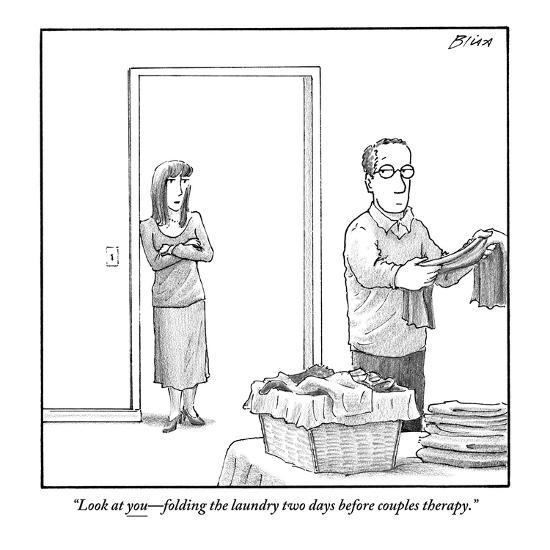
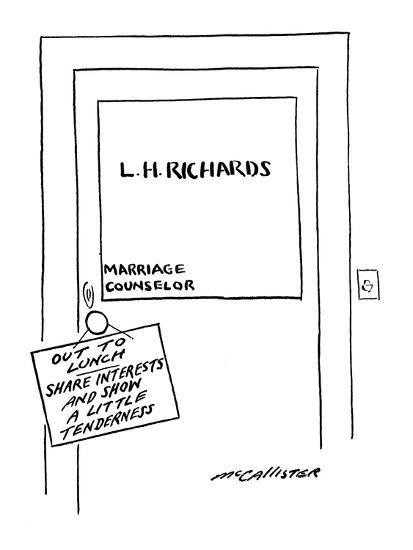
So funny how fall brings Dean back to this chair (and into the office to hang out near me) I guess it's just the 5 degree or so in-house temperature difference?

When I used to teach creative writing, I would tell the students to make their characters want something right away--even if it's only a glass of water. Characters paralyzed by the meaningless of modern life still have to drink water from time to time. One of my students wrote a story about a nun who got a piece of dental floss stuck between her lower left molars, and who couldn't get it out all day long. I thought that was wonderful. The story dealt with issues a lot more important than dental floss, but what kept readers going was anxiety about when the dental floss would finally be removed. Nobody could read that story without fishing around in his mouth with a finger. Now, there's an admirable practical joke for you. When you exclude plot, when you exclude anyone's wanting anything, you exclude the reader, which is a mean-spirited thing to do.
2020.10.21
America can be counted on to take any good idea, or any bad idea, and absolutely run it into the ground.
O, laugh, laughers!
O, laugh out, laughers!
You who laugh with laughs, you who laugh it up laughishly
O, laugh out laugheringly
O, belaughable laughterhood - the laughter of laughering laughers!
O, unlaugh it outlaughingly, belaughering laughists!
Laughily, laughily,
Uplaugh, enlaugh, laughlings, laughlings
Laughlets, laughlets.
O, laugh, laughers!
O, laugh out, laughers!
Animator Chuck Jones once quantified the exact margin of error on one of his most famous jokes: Wile E. Coyote, when falling off a cliff, had to hit bottom exactly fourteen frames after he disappeared from sight. "It seemed to me that thirteen frames didn't work in terms of humor, and neither did fifteen frames. Fourteen frames got a laugh."
The ancient Greeks believed that the diaphragm muscle was the seat of humor appreciation, which is why the nearby armpits are the most ticklish part of the body.
Because a brief moment of happiness is pretty good. I also think that just focusing on making money and buying stupid things is a good way of life. I believe materialism gets a bad rap. It's not about the amount of money. Nothing's better than a Bic pen, a VW Beetle, or a pair of regular Levi's. If your things don't make you happy, you're not getting the right things.The rest of the speech is even more bitterly sardonic.
'Every little bit helps,' as the old woman said when she pissed in the sea.
Certainly it's true that a little ironic distancing can work wonders as a coping device. At Groucho Marx's separation from his first wife, Ruth, for example, he told a joke. After many unhappy years, they had agreed to a divorce, and so she packed up the car and was leaving the house for the last time. Groucho put out his hand and said, "Well, it was nice knowing you . . . and if you're ever in the neighborhood again, drop in." Ruth laughed, and the tension was broken.
Finally, humor has the distinct advantage of overcoming power asymmetries: if protesters can drag a debate into the level of the ridiculous, the powers that be have much more to lose than they do. In his book Blueprint for Revolution, Serbian activist Srdja Popovic lists examples of what he calls "laughtivism": deflating authority in ways that are hard to retaliate against, because they provoke laughter instead of anger or violence:As the Italian situationists warned oppressive governments, "a laugh will bury you!" This line of protest seemed especially promising when it came to the thin-skinned Donald Trump. The marchers with funny signs may not have wounded him, but TV and Internet jokers realized that the president's massive ego, his own deluded mystique of mastery, was his greatest weakness. Jokes about the unimpressive crowds at his inauguration immediately produced defiant tweets and defensive press conferences. Jokes referring to White House aide Steve Bannon as "President Bannon" led to Bannon's swift demotion from the National Security Council, the New York Times reported. The leader of the free world could be manipulated into changing policy by pointing and laughing at him; this was either hopeful or horrifying, depending on your point of view.
- Opposition leaders in Serbia painted dictator Slobodan Milosevic onto barrels, then placed them around Belgrade along with baseball bats. "Smash his face for just a dinar," read the sign. Delighted citizens lined up for a turn. When police showed up, there were no organizers to arrest--so they arrested the barrels.
- Syrian protesters wrote antigovernment slogans on Ping-Pong balls and dumped them out in public places. Soon cops were being deployed to chase little bouncing Ping-Pong balls, something that no one in history has ever looked cool or scary doing. The demonstrators also rigged up tiny USB speakers to say things like "Assad is a pig!" on a loop, and left them in garbage cans and manure piles, for the authorities to dig around in.
- Russians in one Siberian city were denied permits to protest against Putin, so they placed little plastic toys in the streets to march in their place. The trend for toy demonstrations began to spread, so the government was forced to ban assemblies of Lego mini-figures and the little plastic toys from Kinder eggs.
But satire and comedy haven't had a great track record against totalitarianism. Popovic's student movement in Serbia did actually help to topple the government of Slobodan Milošević, who ended up dead in a Dutch prison cell while on trial for war crimes. But there's not a long list of powerful people brought low by jokes. Putin and Assad have so far managed to survive the Ping-Pong balls and Lego sets strewn on sidewalks by their unhappier citizens. "There are those who thought that we could laugh Hitler and Mussolini out of court," remembered theologian Reinhold Niebuhr, "but laughter alone never destroys a great seat of power and authority in history." This raises the possibility that subversive jokes might actually be counterproductive. What if they're just a convenient escape valve, a way for unhappy people to let off steam and feel better about their lot without actually fighting back against oppression?
Jokes are thermometers, not thermostats.(Ken Jennings references this while explaining how sardonic Russian jokes caused Lithuanian emigre and political science Alexander Shtromas to predict the fall of the Soviet Union as early as the 1970s, but that the jokes didn't actually bring down the party.
Cold night in Fenway...
2019.10.21
I LOVE living on the top floor!! love to look out my window in my robe and scowl at the wretched earthYeah! Living on the 3rd floor can be annoying (like when you get to your car and remember something you left in the apartment) but it's kind of awesome seeing "eye to eye" with trees...
 17 Years ago I made this tiny GIF of this video clip:
17 Years ago I made this tiny GIF of this video clip:It's a timelapse view shot of Central Wharf in Salem, MA, over the weekend from my shared office window when I was working at Taxware. It was cool that one of the days had such neat cloud cover. Over the years I've often recalled how the tide looks like breathing.
Trump can't stop flipping the bird to people he doesn't like. His 11-D chess of pretending to fix his hair his brilliant!
Yeesh, Remember him practically tearing his notes in two after the debate with Hillary?
if you approach the claw machine only hoping to win a prize you are missing out on the true joy of slightly moving objects around.Similar to why I am sometimes tempted to put money in a vending machine and select an empty slot and watch the twin spirals move, turning what would have otherwise been a crass act of commerce into mechanical performance art.
impeachment.fyi is a pretty good site for catching up with the relevant news items. Thinking about how often Rudy Giuliani shows up in this mess - it suddenly hit me how much Trump must've loved having the former mayor of New York City as his personal employee, like what a power trip from the 90s... and also hilarious what an incompetent bumbler Giuliani is in the role.
Been enjoying this series looking into various designs of spaceships called Enterprise... I know "in-universe" the Enterprise is pretty important, but still, it seems kind of goofy that A. every Enterprise has the same number with just a different letter and B. back in TOS, each ship had its own cool little logo badge, but then they said "welp, this Enterprise one is pretty rad, lets just go with that".
2018.10.21
it is our light not our darkness that most frightens us(this passage is sometimes falsely attributed to Nelson Mandela)
Our deepest fear is not that we are inadequate.
Our deepest fear is that we are powerful beyond measure.
Personally it feels more like the deepest fear - or at least the one that drives procrastination and lack of ambition of all types - is that we'll put in a really good effort and not get the results we wanted, that the world will prove as daunting as we feared. When you've failed to put in a good effort, at least there's that fig leaf of you not trying - maybe there's still that untapped potential in you, maybe you still have untapped settings up the dial.
(I have my todo list clogged with all these not particularly hard or sometimes even necessary tasks, but what if I clear all those out and life still isn't just grand?)
I guess the remedy is there is like Eric Barker said:
"Are you afraid of the task? Why? Does it have a knife pointed at you? No. You're afraid you'll do a lousy job. Well, you're gonna do an even worse job if you don't get started."
...
Also it reminds me of that Vonnegut quote: "Plato says that the unexamined life is not worth living. But what if the examined life turns out to be a clunker as well?" (Not sure what the procrastination version of "unexamined" is - "unprocrastinated"?)
2017.10.21
For one thing, I can admit to myself that I look to my therapist for a kind of paternalistic approval - given that my dad died when I was 14, I guess I can be gentle with myself for desiring that, even if I guess therapy means it's a rent-a-dad kind of situation. Terry expresses a lot of enthusiasm for my way of looking at the world and my projects, and that means a lot to me. (Sometimes he lets me talk, almost too much - I was rambling on, and then he made a good point, and I had to stop him from encouraging me to continue the rambling because I wanted to absorb and sit with the point he had just made.) (Also, after seeing those old home videos I think they have similar voices, but that might just be coincidence.)
At the session, and after reading "The Righteous Mind", I realize that my "elephant" (i.e. what really drives and motivates me, vs the usual inner-voice conscious self as the elephant's rider) is the need to be a certain kind of Righteous - the righteousness of being 100% reliable and in accord with Objective, Unassailable Truth. Or at least 100% reliable in notating how unreliable I am... someone (including myself) being wrong about facts but still speaking with absolute authority is my vision of original sin. And parlaying judgements and interpretations into "facts" is similarly terrible. (Getting back to the elephant-rider metaphor, this puts me in the oddly circular position of my emotional motivation being making sure my intellectual self can fully justify the emotional motivation.)
What that tells me is I need to get away from a sense of absolutes. Intellectually I believe that if you really seek a true absolute, all you can find is the objective goalessness of the physical universe. To quote Peter Gay: "Since God is silent, man is his own master; he must live in a disenchanted world, submit everything to criticism, and make his own way." Existential philosophies point a way of living with this, and it's a fraught path.
But the way I've lived is assuming other absolutes. Every control dial setting I have "has to" make sense if you turn it up to 11. When I was religious, I had to be totally reliably religious. My attempt to live that sunday school way, while seeing religious peers drinking (besides the underage factor, my church is tee-totaling) and partying and fooling around in high school kind of busted my sense of lived faith. (I mean, I was fooling around a little myself, but at least I was feeling guilty about it.) Combined with how the world was full of so many other religions, it made the Absolute Objective Truthness of what I had been believing untenable.
Besides being a product of my own neuroses, I think this reflects my upbringing in Western culture. Some Eastern outlooks I admire embrace moderation as a virtue in and of itself, but it's not a point of emphasis for the Evangelical Christian culture I was swimming. (My upbringing wasn't fundamentalist, but I see how a need for being Objectively Unassailably True is why we have young earth Creationists etc... in the West, God is often all about being The Ultimate, the complete, the total, all-knowing, all-loving, all-powerful, all-turned-up-to-11. We forget that there are other ways to interpret Him - how if you go back to the Old Testament you see a God who is sometimes all too human, almost petulant. The author Karen Armstrong does a good job of explaining how the Trinity covers a lot of old bases, from the unknowable, ineffable "Sky God" to the much more human types we see walking around Mount Olympus etc.)
Ok.
So now I'm thinking of this in terms of pleasure, my own enjoyment. Now I've hardly been an ascetic monk, but I rarely have a sense of permission to say "I'm not going to do this because I don't WANT to do this." - that I'm refraining because there's no pleasure in it for me. I mean, if you had the "pleasure justification dial" set at 2 or 3, what Objectively True rationalization was there for not cranking it up 11? But what the existential stance tells me is: I don't have to dial it up because I choose not to. But I can also choose not to keep at its lowest settings without having to assume I'll become a pure hedonist or junkie or whatever. It can live at a healthy medium-high setting in balance with the other dials of responsibility and life in general.
Realizing that has led me live more pleasurably, and more appreciate the loveliness and ease of my privileged life, and better apply philosophies to better cope with the unpleasant parts.
My erstwhile arguing companion EB pointed accusingly to my roots as the child of Salvation Army ministers (an organization that tells its clergy where to live and what to do, and for them goes well beyond a normal 9-5 job)- he was convinced I imbibed the early lesson that I wasn't as worthy of attention as the charity cases they were helping, and that's where my sense of self-sacrifice came from. He was rather off base - he thought that my scene was a lot closer to communal living than it actually was. (Salvation Army Officer Kid family life is reasonably firewalled from the running of the church, despite the "having to change towns every couple of years" aspect). Still there might be something in seeing my current self rooted in my early family situation- Especially combined with a mom with an in-family reputation of a kind of stalwart "martyrdom" that I may have internalized as well. (Her younger sister nicknamed her "Betty the Good")
"Martyrdom" is an overly jocular and loose way of putting it, but I absolutely live with a sense of judging the cost/benefit of everything in a group, communal way - if I can make a small sacrifice that makes a larger difference to someone else, I feel morally obliged to make that sacrifice, regardless of the fact that I am me, and they are them. It's not absolute, and I'm hardly wearing scraps and bankrupting myself to give give give to charity, but it does drive me in a lot of ways.
So seeking to balance my maternally-derived "martyrdom" - a close friend of my dad's once told me (meeting with him years after my dad's death) that my dad had an especially well-developed sense of pleasure and delight. The short of this all is, I want to cultivate more of that in me.
(Some of my closest friends wrestle with depression, and my sense is some of the issue is that their knack of simple enjoyment and pleasure is tamped down, so sometimes I worry I can't give them good sympathy or empathy. I don't know how much the kind of mindfulness I'm suggesting here can help them, but I guess it's better than nothing.)
I think I expected more babies, from the titleGreat flick! Like a less gross and violent Tarantino at his most stylized but with much better music.
"I do not produce thoughts, thoughts produce me."Listened to it on audiobook, after reading it and finding some great quotes by the author and from others in 2009
2016.10.21

If you can dig up Kate McKinnon's outtakes from "Ghostbusters"... She is a treasure.
2015.10.21
2014.10.21
2013.10.21
Open Photo Gallery

The Blackfriar's Railway Bridge, and the columns of the old one next to it.

We were on our way to the Globe Theather, where we had some time in the exhibits before the tour. These are a type of shoe called "Chopines", originally met to keep ladies out of the muck. I think the style is long due for a comeback!


The buildings on the roads near Camden Markets had some cool stuff.


Also: torosos. I dig torsos. I'd like to think my drawing class gives me more appreciation of them, but... torsos.

Don't think this reflection shot on the Tube was taken at the very end of the weekend, but it pretty much looks how Nick and I felt.
Getting drunk is like having a 3rd base coach that waves you on no matter what
'And what could be smaller than something that *doesn't exist*?' 'Whoa, whoa there, Saint Augustine!'
Animated GIFs before there were computers
Haha, Sound FX from Atari 2600 Donkey Kong ride again... so funny to hear in the safety video on British Airways.
I have nothing to say, and I am saying it.
We both came to live in this modern city. Are we not B(3) Middle people? Even your excrement would have proper market value if packaged properly.
2012.10.21
--HAHA! I've been quoting this Raggedy Ann + Andy alarm clock message for years, nice to see it again. (I remembered it as "start your brand new" rather than "happy" day, thought)
Thanks Internet!
*ding dong*
andy andy please get up it's time to call our friend!
ok anne, i'm awake, lets shout it once again
we were sent to wake you
so here we are to say
please get up
brush your teeth
and start your happy day

http://ckmobilebikerepair.com/ -- got Amber's bike fixed up -- they're often parked where Mass Ave meets Minutemain Trail but they'll come out to you! Thumbs up for that concept and execution.
2011.10.21
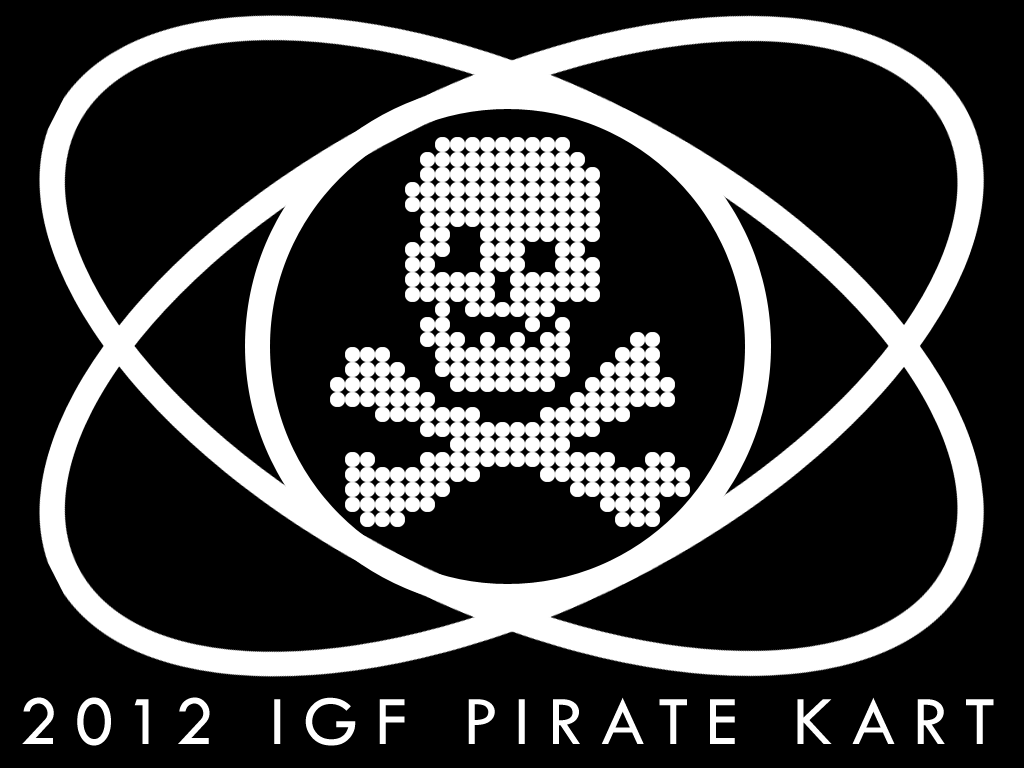 So a few days ago I put in one little entry (beebash)
to the 2012 IGF Pirate Kart, 300-odd games by 100-odd game makers. (In retrospect I should have added a few more, since all the entries are getting at least a bit of attention.)
So a few days ago I put in one little entry (beebash)
to the 2012 IGF Pirate Kart, 300-odd games by 100-odd game makers. (In retrospect I should have added a few more, since all the entries are getting at least a bit of attention.)
So the IGF is a big event for Indie Gamers. Glorious Trainwrecks has a big tradition of making Pirate Karts, just big honkin' compilations of small goofy games. It's fun watching the IGF fans try to figure out what to make of this super-inclusive project. Auntie Pixelante provides a bit of context, also I started a Glorious Trainwrecks discussion about the coverage its been getting.
I love the logo they made for this, which is just a take off of the IGF's "i" logo but with a goofy skull and crossbones.
2010.10.21
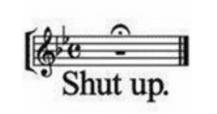
--Another musical joke, I think from justgrits
Almost considered a Mac for garageband and coding; deprecating Java? Never mind, then. How long 'til people need to jailbreak Macs? Though I do wonder what the best iPad or Windows equivalent of Garageband is...
2009.10.21
What is it to be in love? Well, I'm in love, and it means you feel you have sailed into port. At the end of the road, after each day of the petty struggle for power and glory, I get to be with this marvelous human being whose company is continually interesting, whom I admire, who can speak the truth to me, who I am loyal to and fond of to an excessive degree, whom I crave being naked with, and who reciprocates these feelings. There is deep bass drumming and there is also a high degree of civility, I believe. And it does exist. And it's worth your time and trouble to find a person you can be in love with. Surely there are many men you could be in love with, maybe as many as 214, and all you need to do is come across one of them when the stars are shining and the light is right for your complexion. He'll look at you and fasten himself to you for the rest of the evening and it'll be all you can do to shuck him and after a while you'll give up on it and marry him.
iTunes UI Fail: Apps, Ringtones, Movies, TV Shows, Podcast, iTunesU, Photos have their own synch tabs. Audibooks are hidden under Music Playlists. (And I colda sworn the Audiobooks icon wasn't there at first even)
Car got broken into, GPS stolen. Should I be insanely grateful or scornful of the assholes who missed the 2 laptops I stupidly had in there?
Heh, so much for listening to my audiobook, they grabbed the iPod radio adapter.
I wonder if leaving my car unlocked would have spared the window...
2008.10.21
I also like when encountering little bits of India English... today part of our offshore QA team asked me to "Please do the needful" for what an American would write as "Please do what needs to be done". The India version is more concise! Also, my Aunt has mentioned that she's had to learn not mark down the Indian phrase "According to me..." in places where an American would use "in my opinion..."
You wonder which of these things represent differences in outlook, and which are just arbitrary turns of phrase.
Young Astronauts in Love
chapter 3 |
 those were some great times |
|---|---|
 we figured out how to schedule leave time together |
 cities look better when you're with someone |
 something about the bigness, the aspiration, even a medium university / corporate / federation city like this one. |
 i mean, small change compared to what humanity was aiming for with the ghibal anomaly |
 but like the old wisdom says, "the one thing sentient life cannot afford to have is a sense of proportion." |
 but it's the little things. knowing where to get a good raspberry lime rickey |
 touching hands at the theater |
 hanging out with friends as a couple |
 even the shamelessly goofy stuff. thanks to the anomaly, we were able to watch the sunset every direction at once |
 still, there was a lot of work to do. the anomaly obverse beckoned! |
 it was a long drive back. luckily, neither of us needed to actually drive... |
 time passed. she had to make her rounds, but gamma-222 was really becoming her base-away-from-base. |
 and my side project was coming along |
 actually, in retrospect, i think the project helped catch Lydia's eye, the months before |
 nothing too ground-breaking but I was proud of it... |
 it was looking to be the most advanced 'bot on GHIBAL 3, all made from my giant pile of parts, |
 finally it was time for the full AI/body connection and powerup... |
 something wasn't quite right... |
 "RUN!" I shouted. |
 luckily, lydia didn't need to run |
 back at the minilab there was a universal kill switch |
 guess i know why fed regs require the cutoff circuit... no one thinks they're building a frankenstein! |
 later the post-mortem revealed it was "anomalous" radiation and the virtual synapses. |
 actually, years after that lydia wrote her dissertation on the interaction. |
Lovely but drafty stained glass windows by bed. Putting up that taut plastic sheeting... window condoms, basically, with the same +s and -s
(btw, self-medicated earlier with a choco-taco. like 7-11 brand prozac)
Hoftstadter says how the (cognitive) ability for a species to support a concept of Friendship may be a decent measure of soul/consciousness.
"FedEx Kinkos is now FedEx Office"?Aw, man... why would they change from an obscene clown name to sounding like a Microsoft ripoff?
My "Young Astronauts in Love" comic reminded mom of how "space medicine" was her 7th grd career hope(she willed herself not to get carsick!)
So my mom willed herself not to get carsick. And I willed my feet not to be ticklish. Are those pretty typical feats of willpower?
The Fat Boys did one of their "rap remakes" of "Sex Machine"?? And I was amused enough to rate it at >= 3 stars so it got on my iPhone???
2007.10.21
|
| |
| conwayice | sourcecode / built with Processing |
|
Conway's Game of Life with subsequent generations plotted in 3D to make ethereal sculptures. The viewer may click form a new sculpture; the higher in the window the click, the denser the initial populating and resulting sculpture. The view is of 32 generations of a 32x32 wrapping grid. The rotation roughly tracks the mouse, but will start on its own if left idle. Inspired by the traditional 2D plots of 1D Cellular Automata and the realization that the same use of a spatial refactoring of the dimension of time might be informative for 2D CA. Or at least pretty. (Basic "life" code lifted (with thanks) from Mike Davis.) For a more advanced version, see Conwayice2 that lets you set up the initial pattern and see how it runs as well as zoom in. |
|
wharf |
2019 UPDATE: here is the video:
I often think about the breathing-like appearance of it. I was fortunate to get a day with such nice clouds.
2001.10.21
From the same thinking that brought us the Top 10 Reasons Scooby Doo is All About Drugs it's the Subtext of Gilligan Island Revealed! Actually, on a more serious note, I heard that it was originally planned as a fairly sophisticated philosophical metaphor for a class-based society, which is why you have all the types represented. (via Bill the Splut)
Web Comic of the Moment
 Nowhere Girl is the first installment of a really good graphic novel style comic. Good artwork and a very good story. I actually used a new cheat script I made that lets you loads all the pages of it on one HTML page to view it, but I shouldn't publish the full link to that because of copyright issues...but e-mail if you want more info. (I just hate waiting for webpages to load as I'm trying to read something.) (via memepool)
Nowhere Girl is the first installment of a really good graphic novel style comic. Good artwork and a very good story. I actually used a new cheat script I made that lets you loads all the pages of it on one HTML page to view it, but I shouldn't publish the full link to that because of copyright issues...but e-mail if you want more info. (I just hate waiting for webpages to load as I'm trying to read something.) (via memepool)
You're probably referring to a "backronym". A regular acronym is created from its component words. A backronym is created first and then component words are shoehorned into it.
--dpeschel@u.washington.edu
---
Note to self: check out Heinlein's "Lazarus Long" books
---
lena, lolita, enya, autumn night driving, nostalgia for walking to the aiwa stereo in the dark In my dorm room, lover in my bed.
Jimmymcgriff
window doorbell w/ a short circuit
98-10-21
---
My knife
Has a wife
But my spatula
is a batula
--Patricia Frederick
97-10-21
---
Talking with mom, she mentioned my describing when dad was first sick and his frustration at not being able to give me money from his wallet like a father to his son. That kind of famlial obligation/ generosity was very important to him, like my grandma's outta the blue checks for 25 with a note to buy myself a coke.
97-10-21
---

